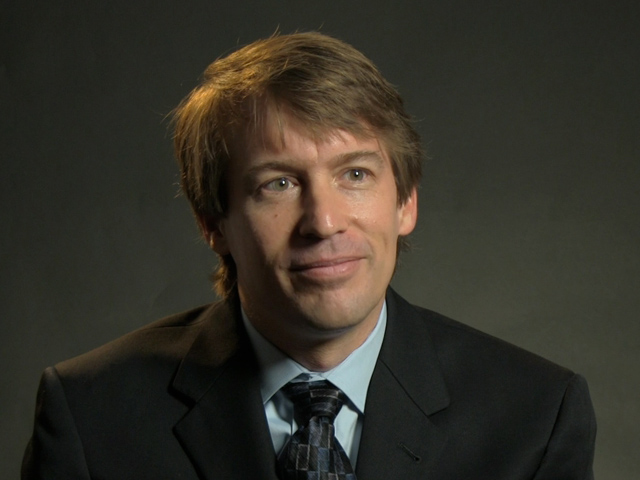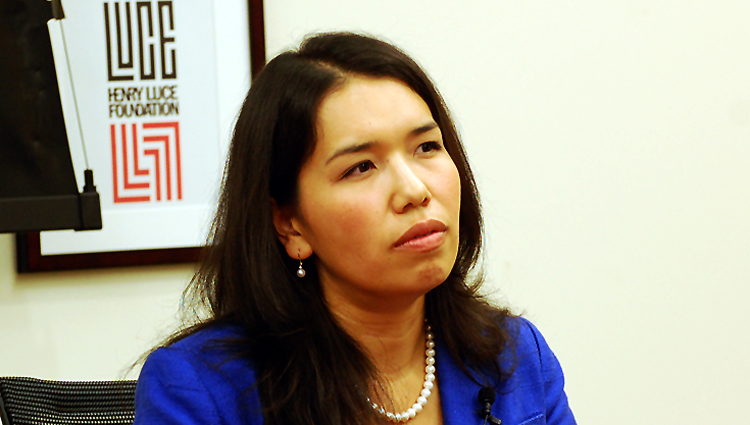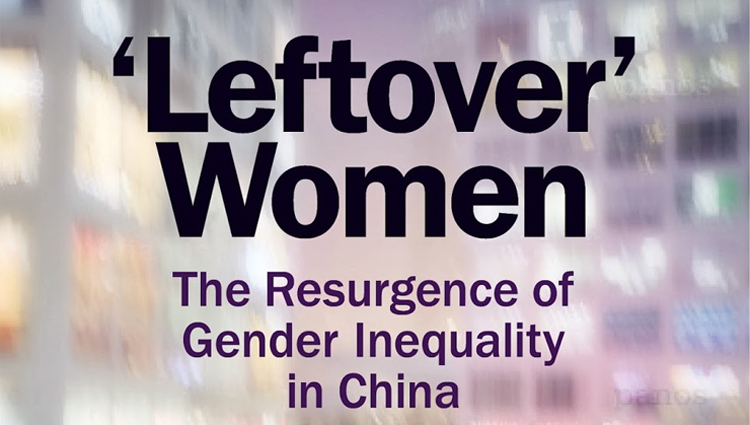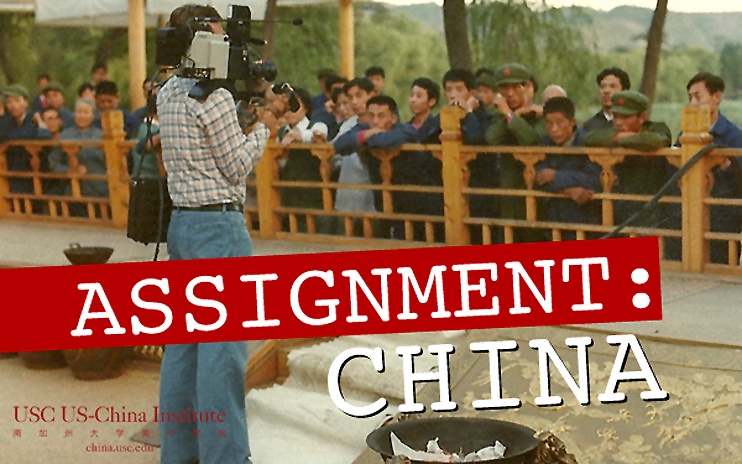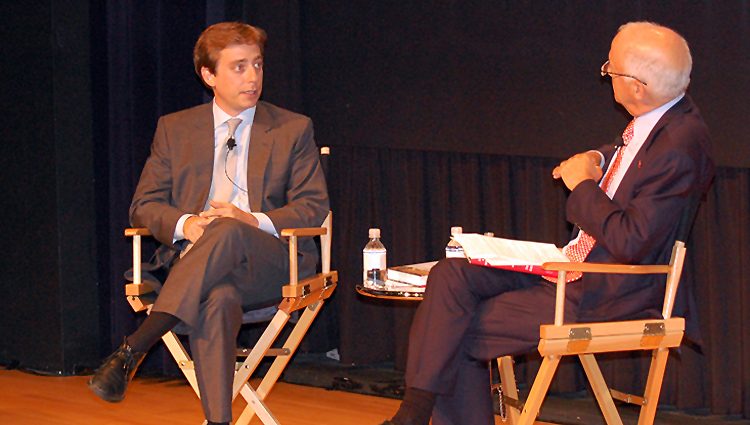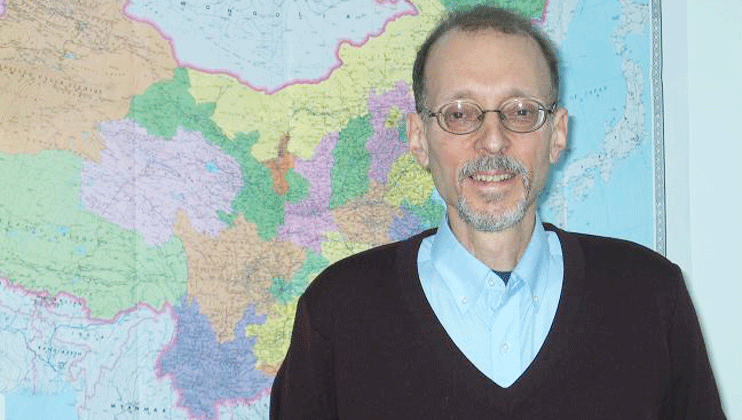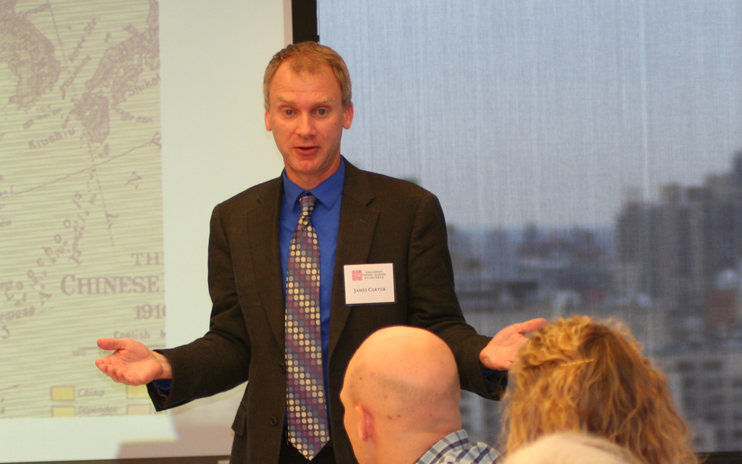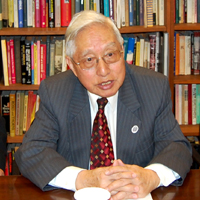Carl Minzner, professor at the Fordham University School of Law. discusses the Fourth Plenum and its implications for the development of China's legal system and governance.
Dr. Jessica Chen Weiss explores the role of nationalism and popular protest in China's foreign relations.
A century ago, Chinese feminists fighting for the emancipation of women helped spark the Republican Revolution, which overthrew the Qing empire. After China's Communist revolution of 1949, Chairman Mao famously proclaimed that "women hold up half the sky." In the early years of the People's Republic, the Communist Party sought to transform gender relations with expansive initiatives including the Marriage Law and assigning urban women jobs. Those gains have been eroded in the post-socialist era; women in China have experienced a dramatic rollback of many rights and gains relative to men.
Assignment: China – Tiananmen Square tells the behind-the-scenes story of the American reporters who covered the tumultuous events of spring 1989 in Beijing. With video footage and still photos, some never shown before in public, and interviews with journalists who were there, including Nicholas Kristof of the New York Times, Daniel Southerland of the Washington […]
From abroad, we often see China as a caricature: a nation of pragmatic plutocrats and ruthlessly dedicated students destined to rule the global economy—or an addled Goliath, riddled with corruption and on the edge of stagnation. What we don’t see is how both powerful and ordinary people are remaking their lives as their country dramatically […]
In the waning years of the Cold War, the United States and China began to cautiously engage in cultural, educational, and policy exchanges, which in turn strengthened new security and economic ties. These links have helped shape the most important bilateral relationship in the late-twentieth and early twenty-first centuries.
The Buddhist monk Tanxu surmounted extraordinary obstacles--poverty, wars, famine, and foreign occupation--to become one of the most prominent monks in China, founding numerous temples and schools, and attracting crowds of students and disciples wherever he went. Now, in Heart of Buddha, Heart of China: The Life of Tanxu, a Twentieth Century Monk, James Carter draws on untapped archival materials to provide a book that is part travelogue, part history, and part biography of this remarkable man.
The new book, Challenge to China, by Jerome A. Cohen and Margaret K Lewis, draws attention to an underappreciated aspect of legal reforms in Taiwan and asks how Taiwan’s experience might be relevant to its neighbor across the Taiwan Strait.
The National Committee welcomed Ambassador Jin Yongjian, head of the China Society for People’s Friendship Studies, for a roundtable discussion on topics ranging from educational exchanges to the upcoming midterm elections in the United States.

